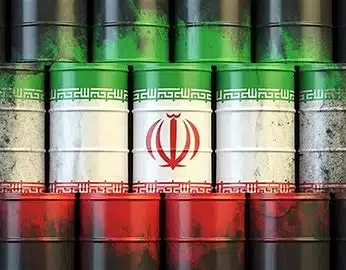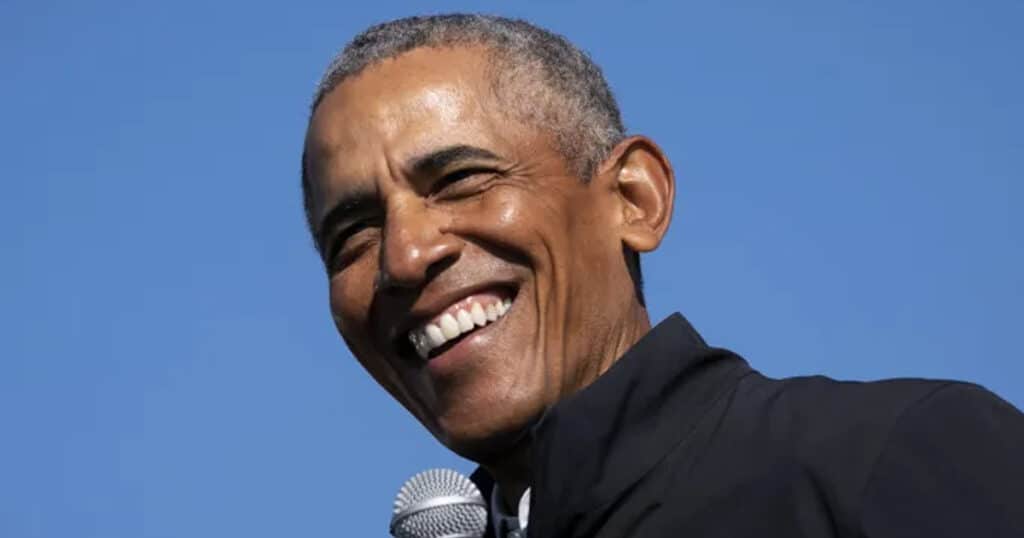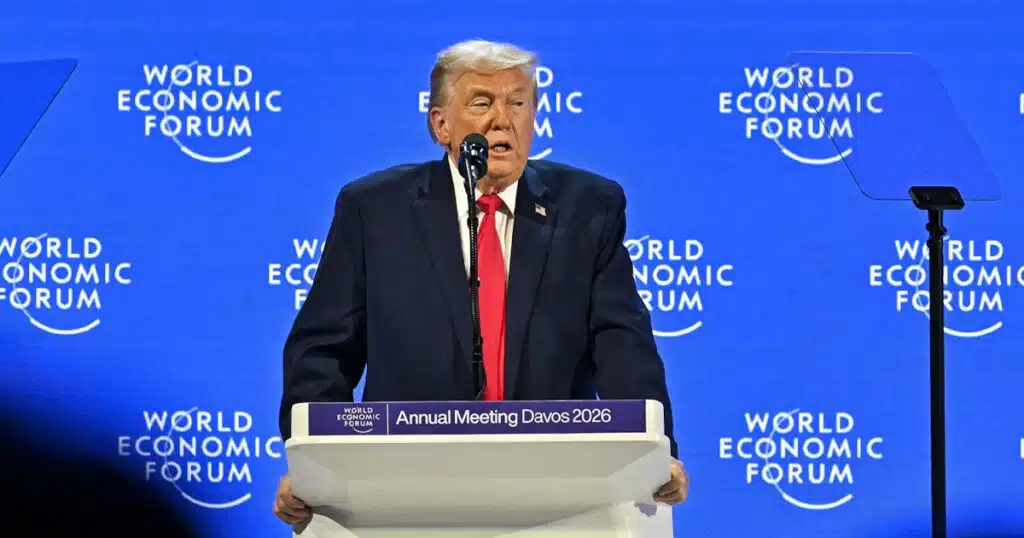
Sanctions and the Self-Destruction of U.S. Global Power
For generations, economic sanctions have been the preferred foreign policy tool of the United States in dealing with its adversaries. We have a rich history of imposing sanctions as a punishment and motivation to alter behavior.
As of 2019, the U.S. used sanctions at least 366 times since World War II. That’s nearly three times more than the EU, who is second on the list. At least 29 countries, including Russia, China, Iran, Cuba and North Korea, have felt the sting of sanctions, which are touted as a bloodless alternative to war. Ostensibly, sanctions are a punishing lever of power that doesn’t directly result in death and destruction.
The Truth About Sanctions
In reality, sanctions rarely work as envisioned. Worse, they often generate unintended consequences that weaken U.S. credibility, negatively impact the global economy, and accelerate the exact kind of geopolitical chaos they’re meant to prevent. As the world becomes increasingly multipolar, sanctions have become ineffective and largely self-defeating.
The long list of sanctioned nations contains the worst of our foreign policy failures that has created generational animosity. Cuba, sanctioned since 1960, remains under staunch authoritarian control. Despite the harshest of restrictions, Iran’s nuclear program has continued to evolve to the point where military action may be inevitable. North Korea continues to advance its missile capabilities. Venezuela’s regime remains firmly in power. Russia, sanctioned after its 2014 invasion of Crimea and severely again in 2022, shows no signs of retreating from its ambitions in Ukraine.
What 80 years of history has revealed is clear: sanctions do not hasten regime change, nor do they reliably alter an adversary’s abhorrent behavior. Instead, they often serve as mostly symbolic gestures that sell well to a domestic audience looking for action, but they prove to have little value in achieving stated goals. Ironically, sanctions often strengthen the position of dictators and authoritarian regimes by providing an easy scapegoat for their economic problems and an alternate target for the wrath of the people.
The Collateral Damage Equation
Sanctions are always targeted to pressure a country’s rulers and the elite, but far more frequently, they harm civilians. For example, the 1990s sanctions on Iraq, led primarily by the U.S., resulted in a humanitarian crisis that was so severe, hundreds of thousands of children reportedly died due to malnutrition and lack of medicine. Similarly, sanctions on Venezuela and Iran have triggered widespread shortages of food, medicine, and other basic goods.
Meanwhile, the ruling classes in these nations remain insulated, using the sanctions as an excuse to rally nationalist support and foment hatred of the U.S. Sanctions are the ultimate propaganda tool for authoritarians, and in nearly every instance, the dictator’s popularity rises.
Sanctions and the Dollar’s Status as the World’s Reserve Currency
Perhaps the most consequential negative impact of U.S. sanctions lies in the damage they do to the U.S. dollar’s role as the world’s reserve currency. For decades, global trade and finance have run through dollars, giving the U.S. extraordinary power: the ability to borrow cheaply, enforce self-serving policy unilaterally, and wield unmatched influence over international banking systems like SWIFT.
However, all too often, a key component of sanctions is the weaponization of the dollar. Cutting off access, freezing central bank assets, or punishing companies from neutral nations because they choose to do business with a sanctioned state undermines global trust in the U.S. financial system.
This is part of the reason that targeted countries, and even some U.S. allies, are actively building dollar alternatives:
- Russia and China now settle a growing share of trade in local currencies.
- China’s CIPS system offers a yuan-based alternative to SWIFT.
- Brazil, Iran, India and several Gulf states are entering bilateral trade deals outside the dollar.
- BRICS nations are aggressively pursuing the creation of a new reserve currency.
Central banks are also diversifying their foreign reserves and reducing their dollar holdings in favor of gold, the euro, and even the yuan. This de-dollarization, which has accelerated in light of President Trump’s global tariffs, signals a long-term significant shift away from U.S. dominance. There is no question that a substantial motivation behind the movement away from the dollar is the result of overuse of sanctions.
The irony is that while repeatedly trying to influence the behavior of other nations through sanctions, the U.S. continues to lose its influence over the international community.
Alienating Allies and Empowering Rivals
Sanctions also put great strain on America’s alliances. European countries have openly complained about the effect of “secondary sanctions” that punish non-American firms for doing business with sanctioned countries. To the EU, sanctions often appear as Washington dictating policy to the rest of the world. This breeds resentment and often open defiance.
Meanwhile, the sanctioned regimes follow a predictable course and tend to band together. In a nightmare scenario, Russia and China have strengthened their economic and military ties, a direct result of Joe Biden’s sanctions on Russia that did nothing to stop the war in Ukraine.
Better Tools Exist
If the goal is to deter aggression, promote democracy, or stop nuclear proliferation, then sanctions are an ineffective and counterproductive strategy. Diplomacy, multilateralism, and engagement combined with strategic incentives for reform have proven more effective over time and rarely result in the creation of long-standing grudges that drag on for decades.
In the event that a nation’s actions are so egregious they cannot be overlooked or solved with diplomacy, like the first Gulf War for example, military action is preferable to sanctions, which only tend to lengthen the conflict and result in unintended negative consequences.
In fact, sanctions have become a lazy person’s reflex and a substitute for strategy. They offer the illusion of action while delivering stagnation, suffering, and backlash. They rarely achieve stated goals, but they do entrench adversaries, alienate allies, and erode the long-term power of the United States.
Most dangerously, sanctions are undermining the central pillar of U.S. global dominance: the dollar. As trust in the dollar system wanes, and as countries build new financial infrastructures to escape U.S. control, the era of unchallenged American economic leadership could be nearing its end.



